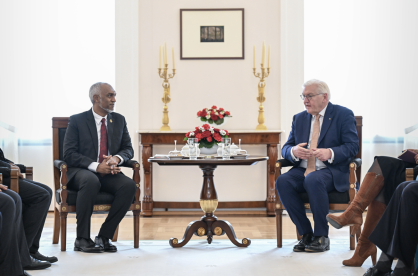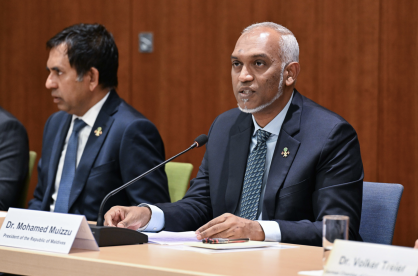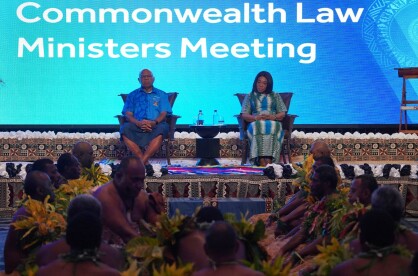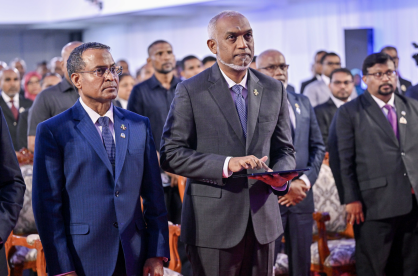The Presidential Commission on Deaths and Disappearances (DDCom) has been officially dissolved as of June 2024. Initially formed in 2018 by former President Ibrahim Mohamed Solih, DDCom was tasked with independently investigating unresolved murders, enforced disappearances, and abductions that occurred between January 1, 2012, and November 17, 2018. Despite a projected two-year timeline, the commission's work remained incomplete until its dissolution.
Under the leadership of President Dr. Mohamed Muizzu, who took office in November 2023, the commission was granted an extension until the end of May 2024 to complete its investigations. This decision came after appeals from the families of the victims involved in DDCom's cases.
DDCom's mandate included high-profile cases such as the murder of MP and religious scholar Afrasheem Ali, the enforced disappearance of journalist Ahmed Rilwan, and the murder of blogger and human rights defender Yameen Rasheed. All three cases were some of the most high-profile murder and disappearance cases that took place in the Maldives in recent times, catching not only local but international headlines as well. Regardless of the high-profile nature of all three cases, there have been discussions surrounding the corruption and lack of investigation into the cases, as families of the victims, as well as the general public, continue to believe that the actual perpetrators continue to be free despite committing such heinous crimes. Despite assistance from international experts, including the FBI and Western Australia Police, DDCom struggled to bring any of these cases to resolution.
Throughout its operation, DDCom investigated 27 cases but faced significant challenges, including difficulties in acquiring sufficient evidence to prosecute suspects. The commission had assured transparency, yet many civil society organizations and the victims' families criticized DDCom for its lack of concrete results and called for the public release of its findings. In its final days, DDCom promised to present its investigative reports and recommendations to the President's Office, advocating for the findings to be disclosed to the public as much as possible.
The resolution to dissolve DDCom states that it had completed the work mandated to it, but the specifics of this completion remain unclear, and the demand for justice and transparency from the victims' families and civil society organizations persists.






